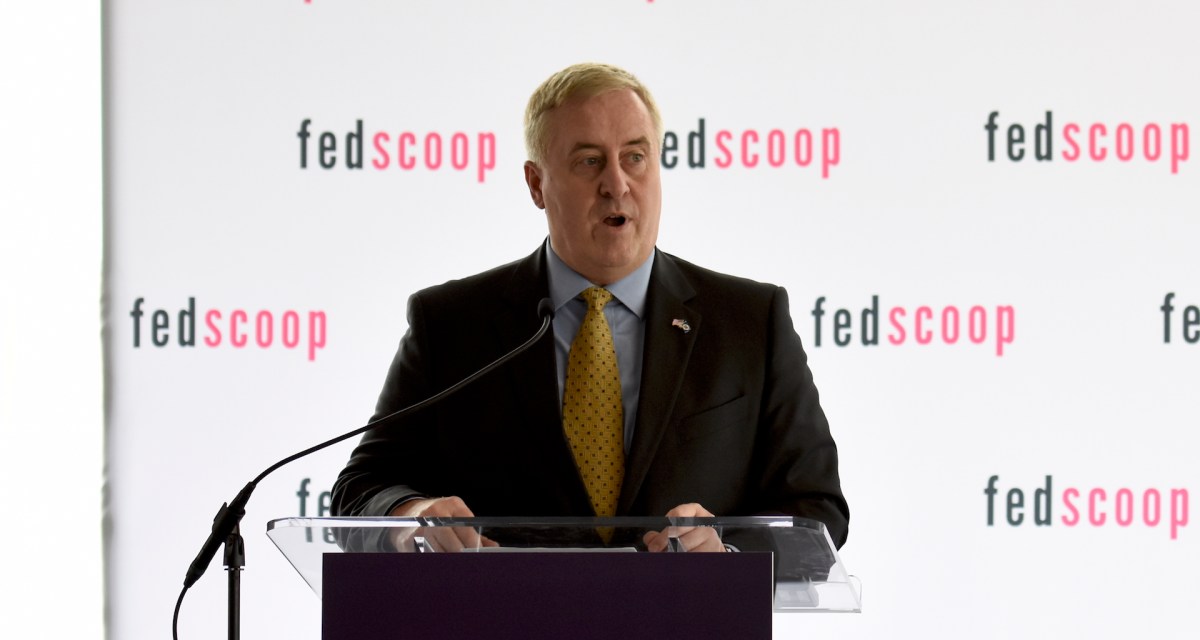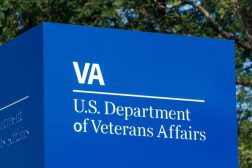How VA improved its IT with $2B in emergency coronavirus funding

The Department of Veterans Affairs was one of the biggest recipients of emergency IT funding in response to the coronavirus pandemic earlier this spring. And according to CIO James Gfrerer, the VA is “putting every penny of” the more than $2 billion it received for things like telework and telehealth to “effective use.”
Gfrerer said Thursday during an AFCEA Bethesda virtual event that with the support of that funding — about a third of the $6.1 billion IT budget the department received in fiscal 2020 — the VA “moved ahead quickly and accelerated our digital transformation and our expansion across a number of areas” to continue providing critical services to veterans during the pandemic.
With that, the department has been able to stay ahead of the technology demands of its different lines of business — providing health care, benefits and cemetery services for veterans — as they were forced to move to remote operations, he said.
The VA typically “is very much an on-premise agency,” Gfrerer said, meaning most employees work physically in a department office day-to-day. But the pandemic changed that as large swaths of the federal government were ordered to telework.
With the help of the $2 billion in emergency IT appropriations from the CARES Act, though, the VA went “from a high of about 40,000 workers in a remote access posture to almost 140,000 presently” teleworking, he said.
The VA has also doubled its virtual private network and Citrix gateway bandwidth for remote network access and tripled its telehealth capacity with a “tenfold increase in daily appointments,” Gfrerer said. On top of that, the department added about 100,000 mobile devices and another 250,000 “endpoints” to its IT environment and moved appeals hearings for veterans’ benefits online.
‘Aggressively’ using collaboration tools
Like many other federal agencies, COVID-19 amplified the importance of collaboration tools for the VA. Gfrerer said the VA was responsible for one of the largest “single-day deployments of Microsoft Teams,” rolling out the tool to more than 400,000 users in rapid fashion. The U.S. Army experienced a similar boom in its use of Teams.
“I can tell you that [the Office of Information and Technology] has used [Teams] aggressively, along with the other collaboration tools such as Zoom and the other platforms to really make sure that all aspects of the business were connected and could be as normal as possible to the extent that we can create normalcy,” he said.
The VA CIO stressed the importance of his office’s role in providing information and services to veterans during the national emergency — particularly as that community was hit hard by the coronavirus. In response, Gfrerer’s team has worked rapidly to make VA.gov “the central hub of information for the veteran” and developed a chatbot to help answer common questions and relieve the burden on VA’s call centers.
Gfrerer called the coronavirus pandemic a “black swan event” in that “none of our experiences or knowledge really prepared us to address the challenges of the current national emergency.” And that scenario did two things for all organizations, he said: “It confirmed our efforts in what we’re doing right. And it also, correspondingly, exposed weaknesses and areas of underinvestment and reinforcement.”
But with the support of appropriations from Congress and “humility and openness” in how his office adjusted the new normal, Gfrerer said the VA was able to “think hard about the problem set and how we need to get ahead of it.”





